Egypt is blessed with an abundance of marine wildlife. The Red Sea alone is home to over 1,200 fish species and countless other fauna. In fact, 10 percent of all Red Sea species are endemic, which means they are unique to Red Sea waters.
Despite the wealth of marine biodiversity within the Egyptian coastline, there is a worrying trend of populations and habitats declining. The number of fish species has decreased by 23 percent since the turn of the 21st century. Even more worrisome is the projection that this decline will continue unless decisive actions and regulations are implemented.
One Egyptian foundation is actively taking steps to mitigate this decades-long decline.
Bluefin Sport Fishing was established in 2010 by a team of seasoned anglers. The foundation grew to become one of the most prominent in sport fishing, dedicated to spreading the joys of fishing, fostering responsible angling practices, and safeguarding game fish species in Egypt and the Middle East.
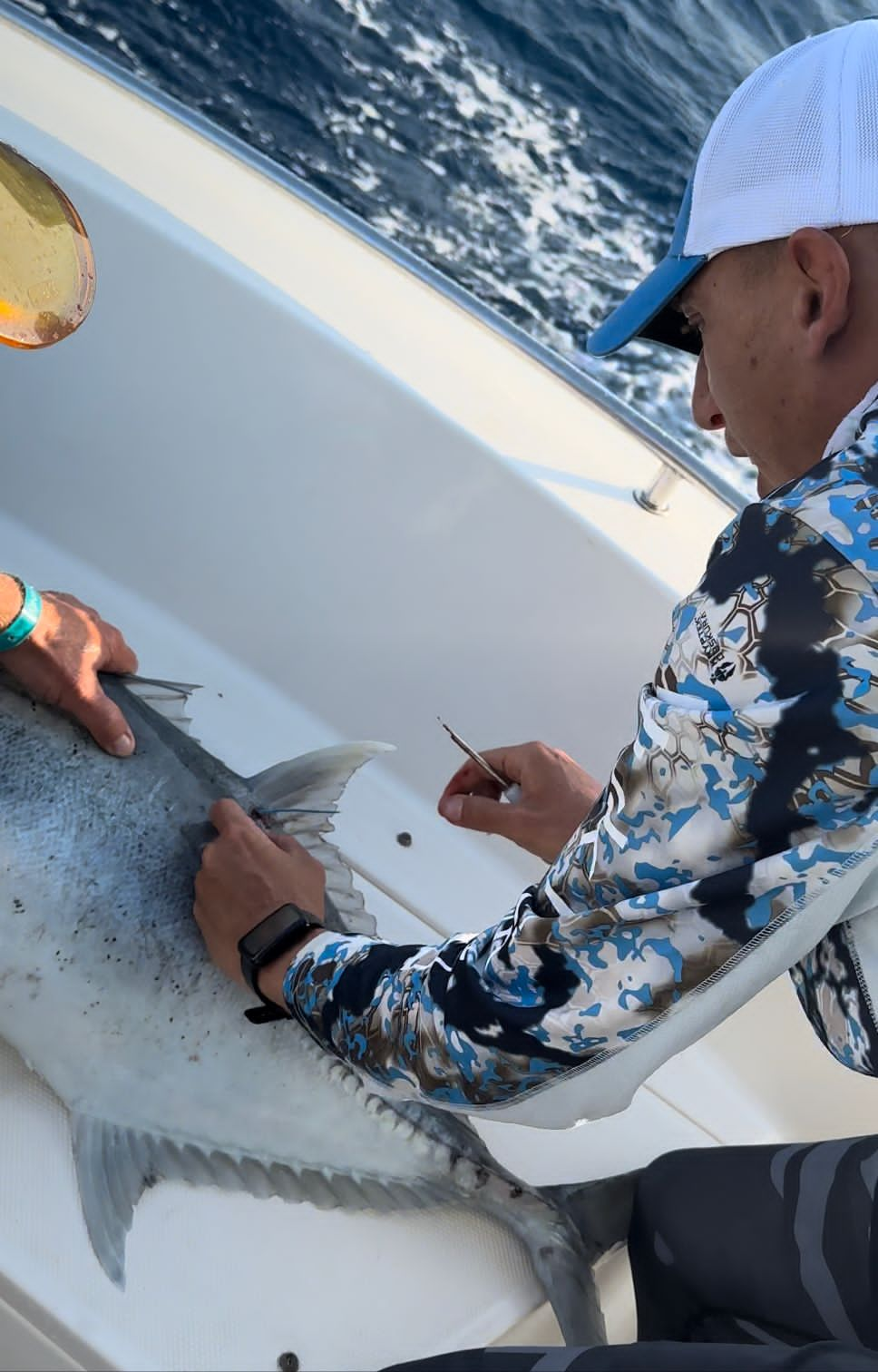
“When the group was first founded over a decade ago, our focus was on spreading the culture of angling through arranging fishing trips, spreading awareness, and hosting events. We even had ambitious plans for an academy,” says Karim Sherif, the founder and CEO of Bluefin Academy. “However, the 2011 revolution put all those aspirations on hold. It wasn’t until 2019 that we could finally resume our activities, and we were able to launch the Bluefin Academy,”

Bluefin is a proud member of the International Gamefish Association (IGFA), an international organization that sets the rules and ethics for the sport of fishing. The Academy is supported and supervised by the Egyptian Angling Federation, which also aims to spread a healthy angling atmosphere with the promotion of catch and release and junior education.
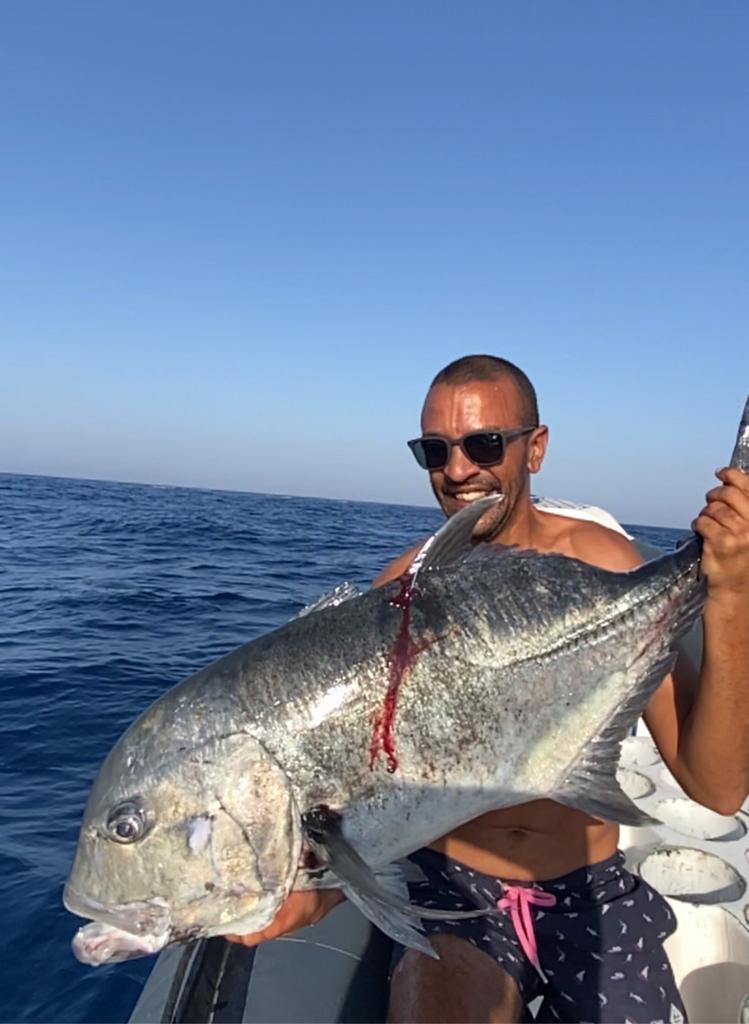
As such, the academy aims to promote the sport’s culture in the region by educating younger generations about its importance in marine life conservation, teaching proper fishing practices, and hosting events and programs to encourage fishing tourism in Egypt and the Middle East.
Sport fishing is not about catching for consumption or sale. The goal is to learn that fishing is about challenging oneself. “A professional angler is defined by their ability to catch the biggest fish using the simplest fishing equipment,” Sherif explains.
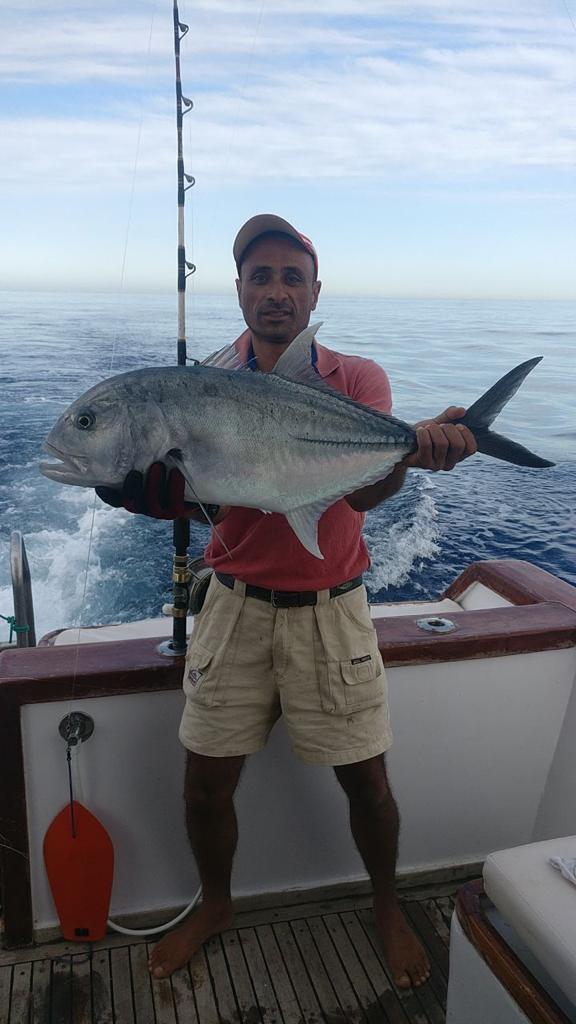
“We view the sea as our playground, much like a basketball court to a basketball player. It’s a vital part of our sport and our responsibility to preserve it. That means no littering, no plastic pollution,” Sherif tells Egyptian Streets. “We’re also staunch advocates of catch and release, especially for valuable sport fishing species and those facing endangerment.”
The tagging program is a vital tool for assisting scientists in gaining insights into the behavior and characteristics of fish when captured. The process of tagging involves a systematic approach. When a fish is caught, academy members meticulously record measurements such as its approximate weight, length, precise location, the type of bait used, and the fishing method employed. Each fish is uniquely tagged with a serial number before being carefully released back into the water.
The value of this program becomes evident when another angler successfully recaptures the same fish in the future. They, too, document the same set of measurements. This process enables researchers to track the fish’s journey, growth, and behavior over time. The information collected significantly contributes to the scientific community’s comprehension of fish behavior, which, according to Sherif, is one of the most important aspects of the conservation effort.

The academy’s primary focus is on tagging and releasing various species, including giant trevally, bluefin trevally, African pompano, sailfish, swordfish, tuna, and dolphinfish. Remarkably, this program is the first of its kind in the Middle East.
“An entire tourism industry is built around sport fishing in places like Costa Rica, Oman, and Florida. The Bluefin Academy is on a mission to position Egypt, especially the Red Sea, as a prominent global destination for sport fishing,” says Sherif. “To achieve this, the academy has forged collaborations with organizations like The Billfish Foundation and The Dolphinfish Research Program,” he explains.
The academy has already carried out the first-ever tagging for a bluefin tuna in the Mediterranean Sea and organized a small event to celebrate, raise awareness, and distribute kits with tags to interested individuals in the field.
In addition to research, the Bluefin Academy has three other departments: the community club department, the field education department, and the teams department.
Every batch of graduates joins the academy’s community club, which organizes monthly trips to different destinations to practice.
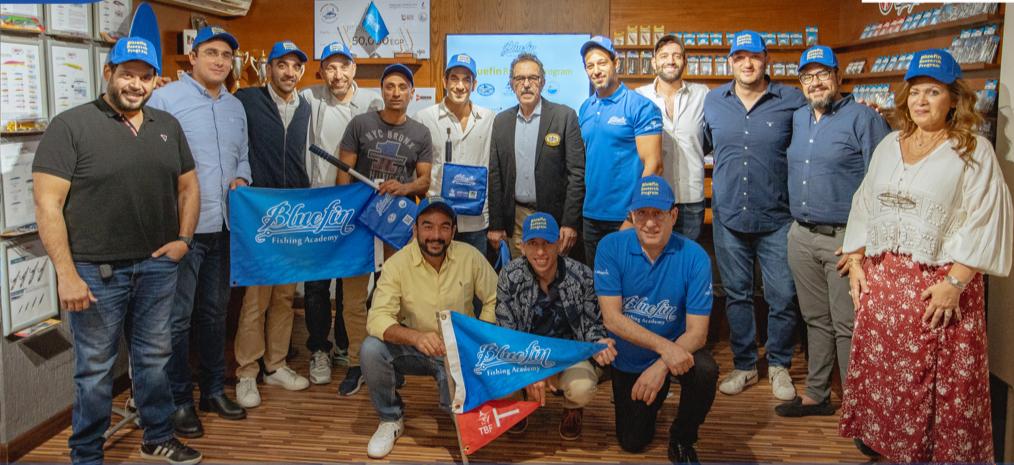
“Our field education department offers an open public course where anyone can apply. Parents can even enroll their children to learn about fishing, conservation, as well as catch and release,” Sherif tells Egyptian Streets. “The academy accepts only 12 participants per course because we prioritize quality over quantity. We don’t hold courses every month because we are not a commercial entity. The academy is a full-on non-profit organization.”
The teams department scouts talent from the community club graduates to compete in national tournaments. The academy has had noteworthy success in this regard, with members winning top prizes in national competitions like the El Gouna Fishing Tournament and the Makadi Heights Big Catch Tournament.
“In the latest national championship, we came in first place in the popping technique category. In the Makadi 2022 competition, we also clinched the top spot. The academy also celebrated first-place victories in El Gouna, and in the 2021 edition of the same event, we proudly secured third place,” Sherif reveals.
In addition to Sherif, the academy’s board includes Edward Mansour, the chief technical officer; Marco George, the business development head; Gihan Abdel Halim, the competitions committee head, and her deputy, Omar Adel; Irene Iskander, who serves as the public relations head; and Team Captain Arsany Iskandar.
Sherif says that the academy has also played a considerable role in making sport fishing more inclusive of women and girls. “Previously, no one was taking them on fishing trips. We became the window for them to learn this sport. They have proven themselves to be skillful and committed. We even have an all-ladies team,” he says.
Apart from making the sport more inclusive, the academy is working on spreading a more ethical approach to the sport of angling.
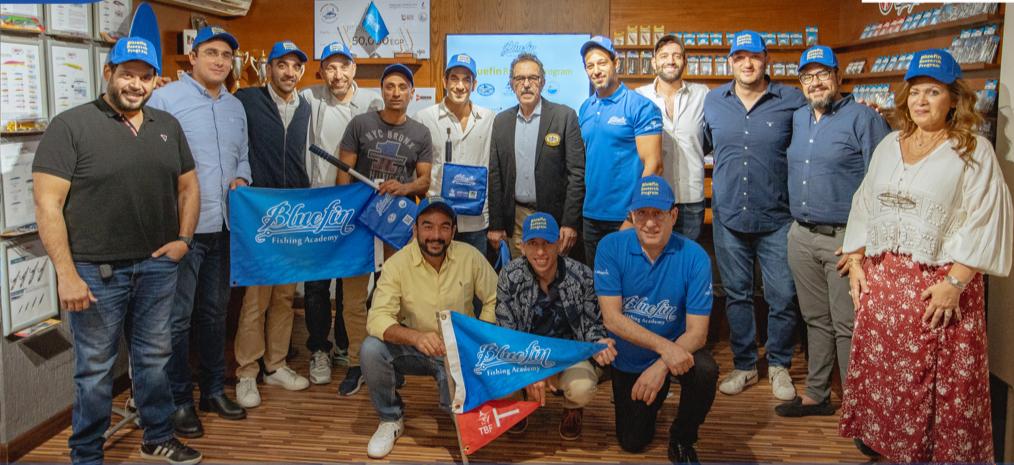
According to Sherif, an indispensable aspect of this sport is honesty. Of course, there are rules and regulations to guide anglers, but individuals must be conscientious when practicing the sport.
“Introducing catch and release helps the conservation effort. However, if someone goes fishing and kills a certain species, it may go unnoticed. The will to conserve needs to come from within.”
Subscribe to the Egyptian Streets’ weekly newsletter! Catch up on the latest news, arts & culture headlines, exclusive features and more stories that matter, delivered straight to your inbox by clicking here.

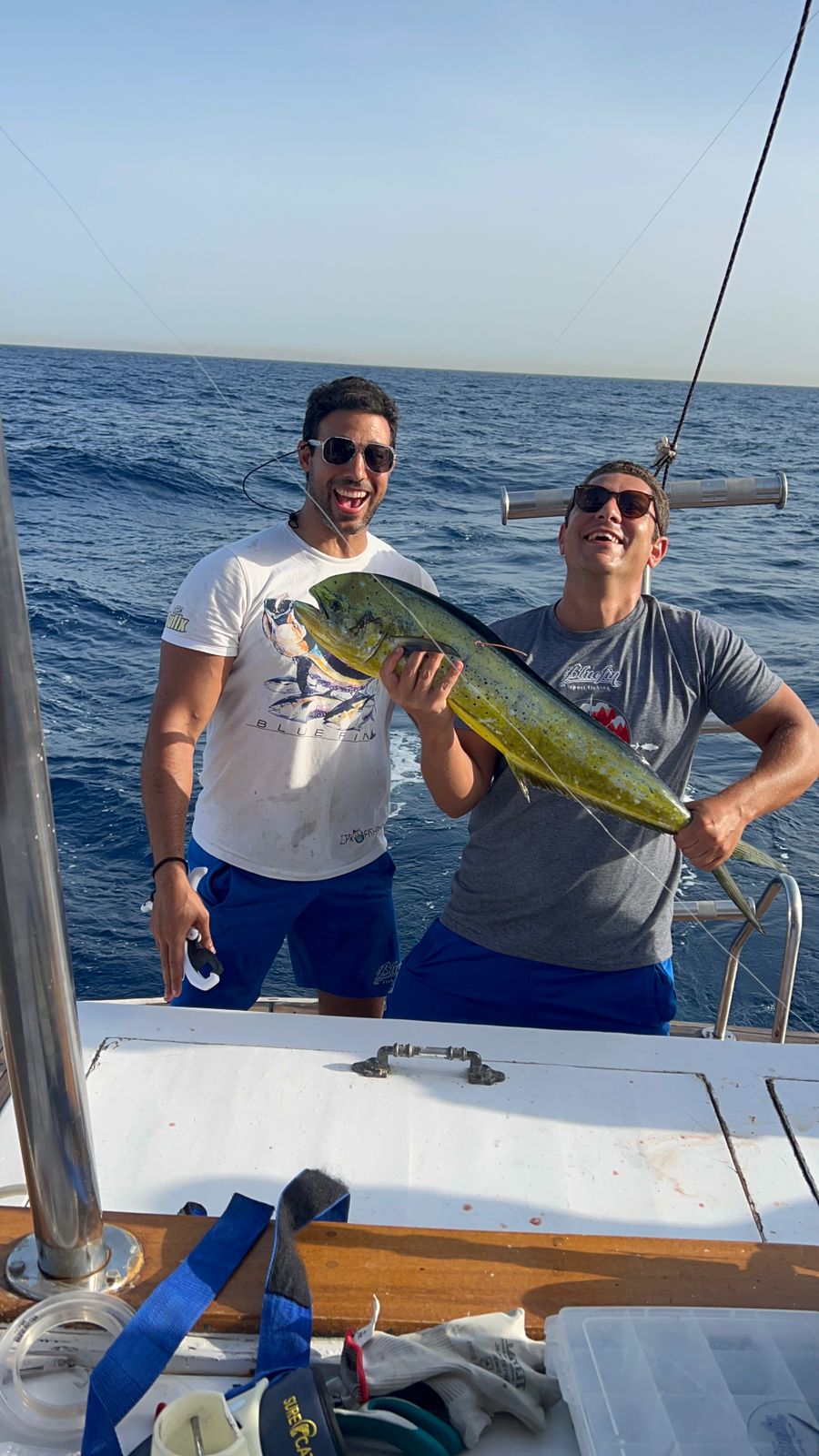






Comment (1)
[…] Read More […]